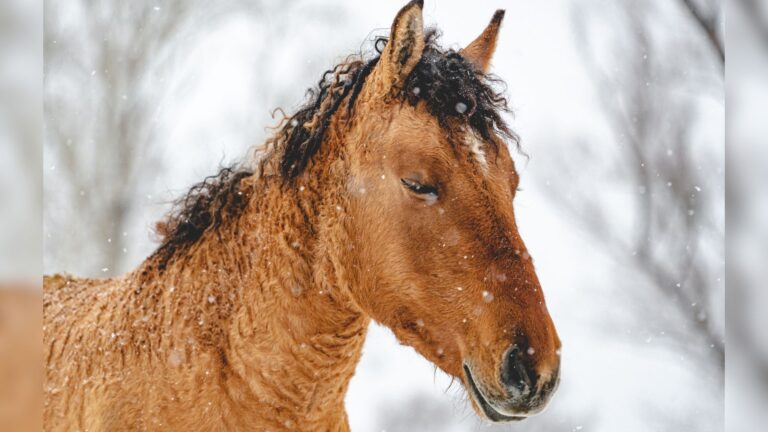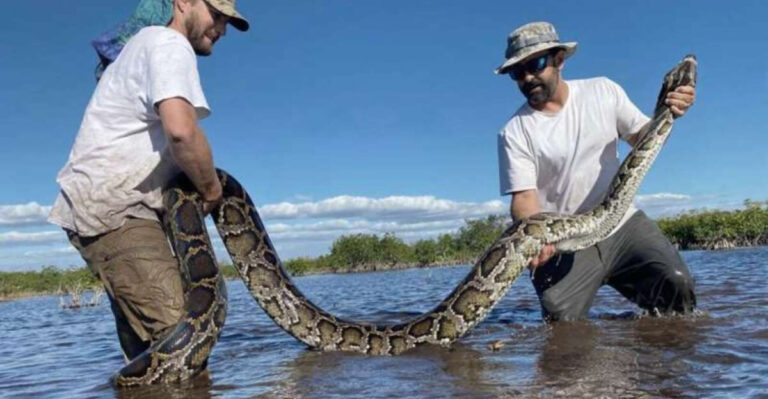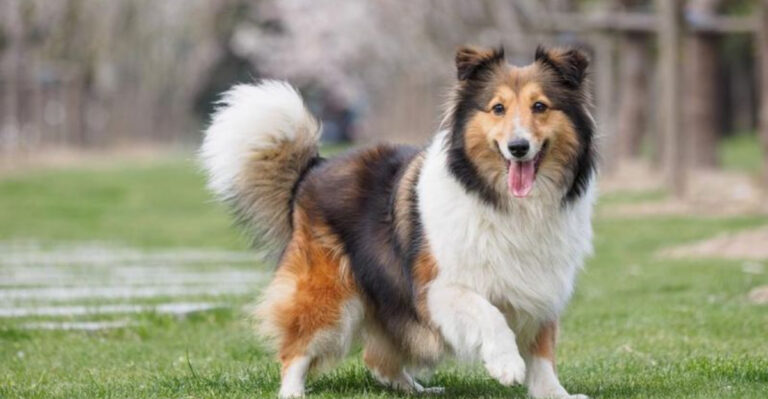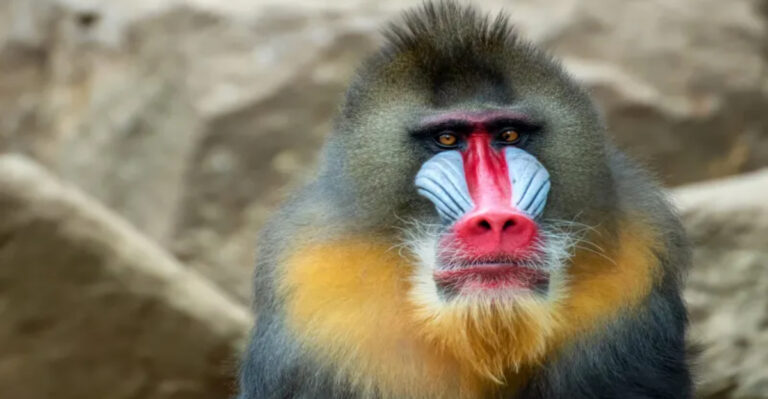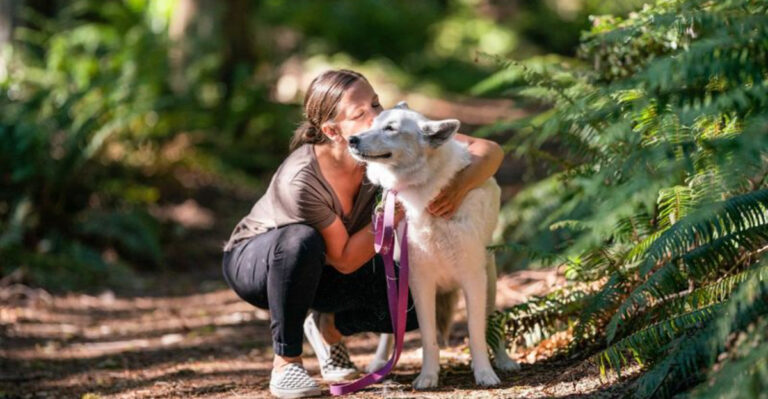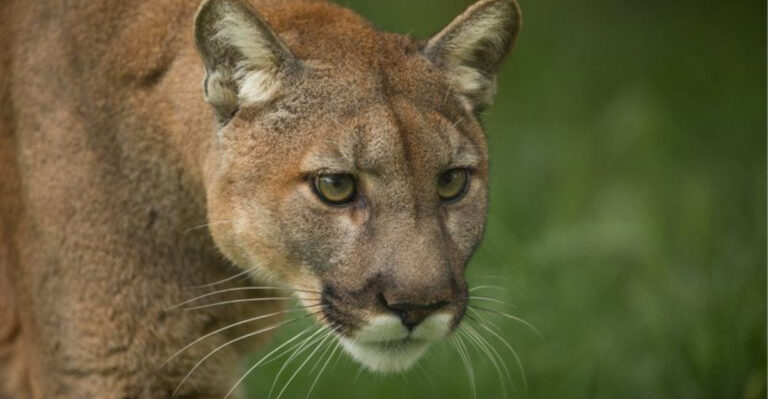15 Animals With The Kindest Hearts On The Planet
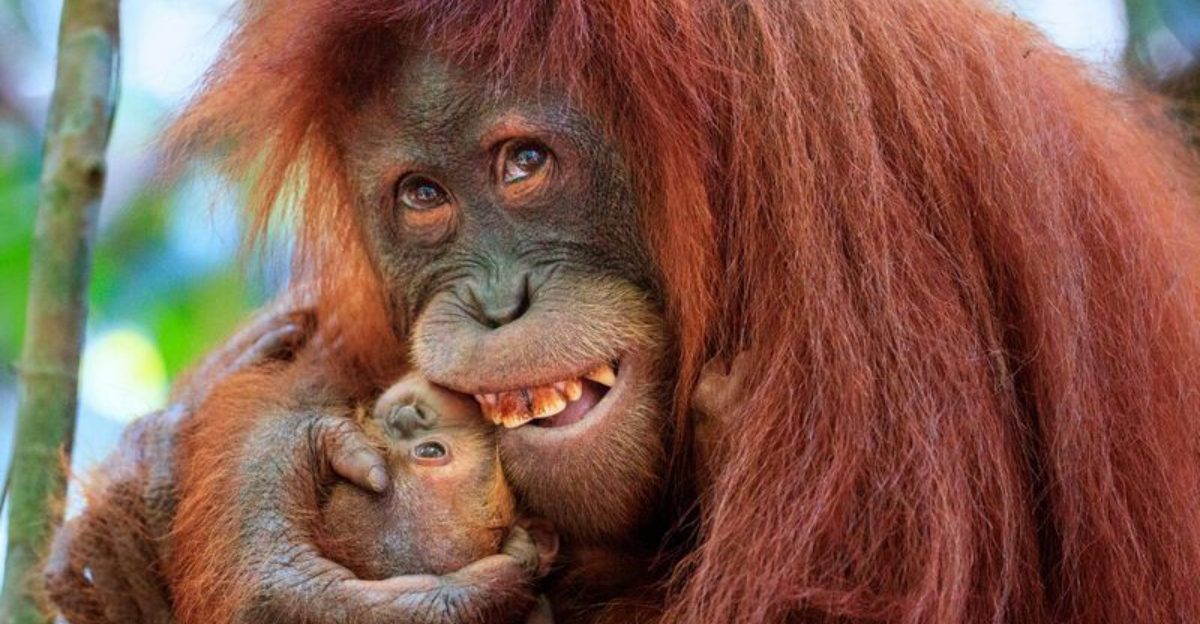
The animal kingdom is full of surprising compassion and empathy. From creatures that adopt orphans of different species to those that form lifelong bonds with their human friends, kind-hearted animals exist all around us.
These remarkable beings remind us that gentleness and caring transcend language barriers and even species boundaries.
1. Elephants: The Gentle Giants
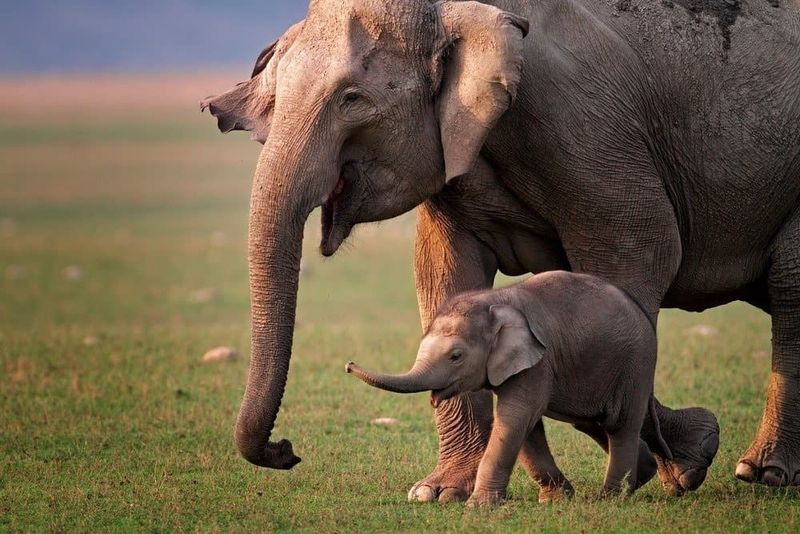
Mourning their dead with what appears to be genuine grief, elephants show remarkable emotional depth. They’ve been documented covering deceased family members with branches and dirt in a ritual-like manner.
Elephant herds are led by wise matriarchs who make decisions based on the group’s wellbeing, not just their own. These giants comfort distressed herd members by stroking them with their trunks.
2. Capybaras: Nature’s Peacekeepers
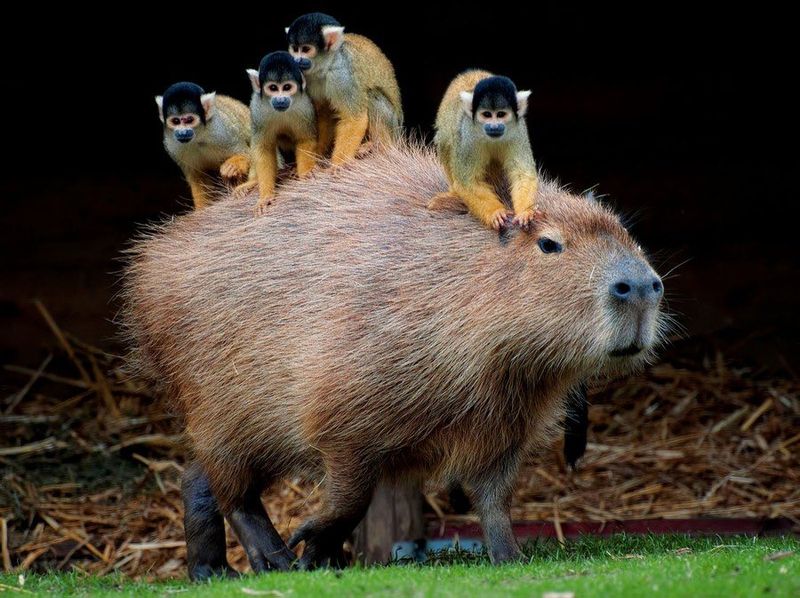
Something magical happens when capybaras enter the scene – other animals just chill out! These giant rodents seem to possess a zen-like aura that calms everything from anxious deer to snappy crocodiles.
Known as “nature’s armchairs,” they don’t mind when birds, monkeys, or even other rodents use them as comfy perches. Their supernatural tolerance has earned them the unofficial title of Animal Kingdom’s Friendship Ambassadors.
3. Dolphins: Guardians Of The Deep
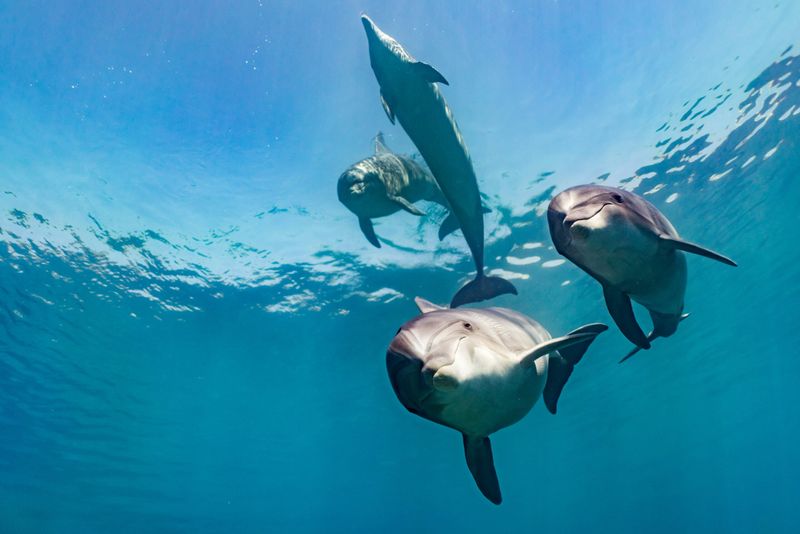
When a swimmer struggles against a current, these intelligent mammals often appear like aquatic angels. Dolphins have been known to form protective circles around humans to shield them from shark attacks.
Their altruism extends beyond species lines – they’ve been observed supporting sick or injured pod members, lifting them to the surface so they can breathe. With brains wired for empathy, dolphins truly embody compassion in the deep blue.
4. Rats: Misunderstood Heroes
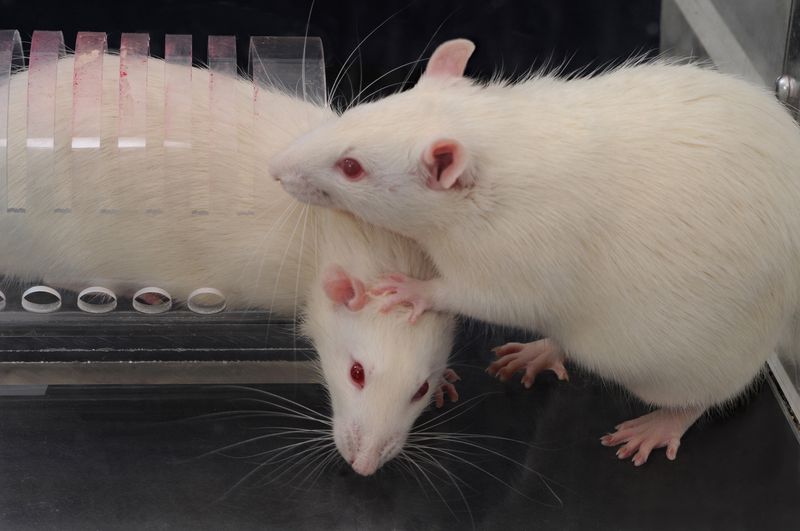
Laboratory studies reveal a surprising side of rats – they often choose to free trapped companions rather than enjoy treats for themselves. Empathy runs deep in these tiny creatures, who have been observed sharing food with hungry cage-mates.
Grooming stressed friends to provide comfort is another heartwarming behavior they display. Sophisticated emotional intelligence allows them to recognize facial expressions and respond to distress with helpful actions.
5. Gorillas: The Tender-Hearted Primates
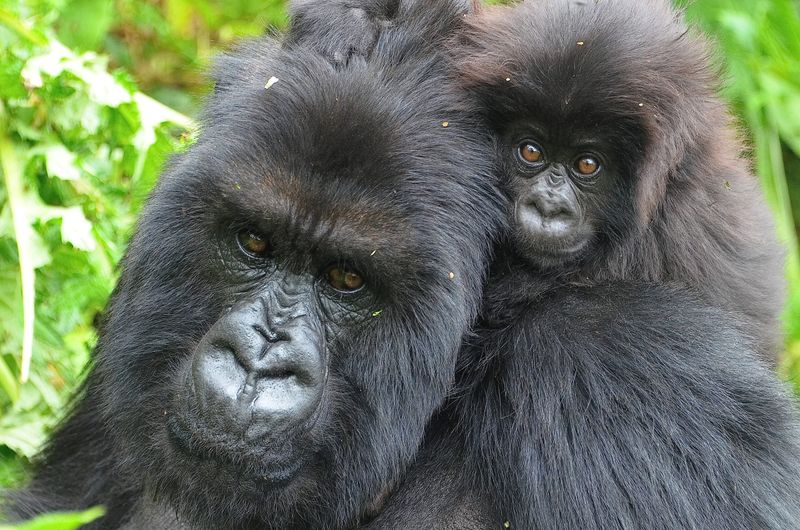
Behind those powerful muscles beats a remarkably gentle heart. Male silverbacks, despite their intimidating size, show incredible tenderness toward infants in their troops, patiently allowing youngsters to climb all over them like living jungle gyms.
Remember Koko? This famous gorilla not only learned sign language but also adopted kittens, treating them with the delicate care of a loving parent.
6. Crows: The Feathered Philanthropists
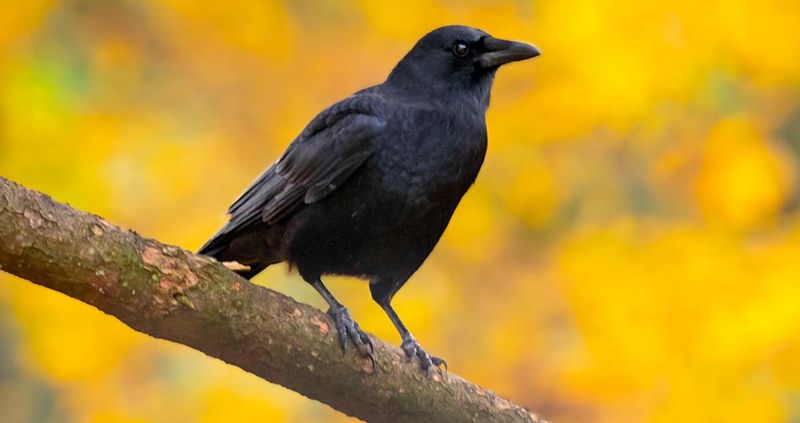
Wicked smart and surprisingly thoughtful, these ebony birds form complex social bonds that include gift-giving! Humans who regularly feed crows often receive trinkets like shiny buttons or colorful bits of glass as apparent thank-you tokens.
Their remarkable memories allow them to recognize individual human faces for years. Crows have been documented defending injured flock members and even holding what resembles funeral ceremonies when one of their own passes.
7. Bonobos: Champions Of Peace
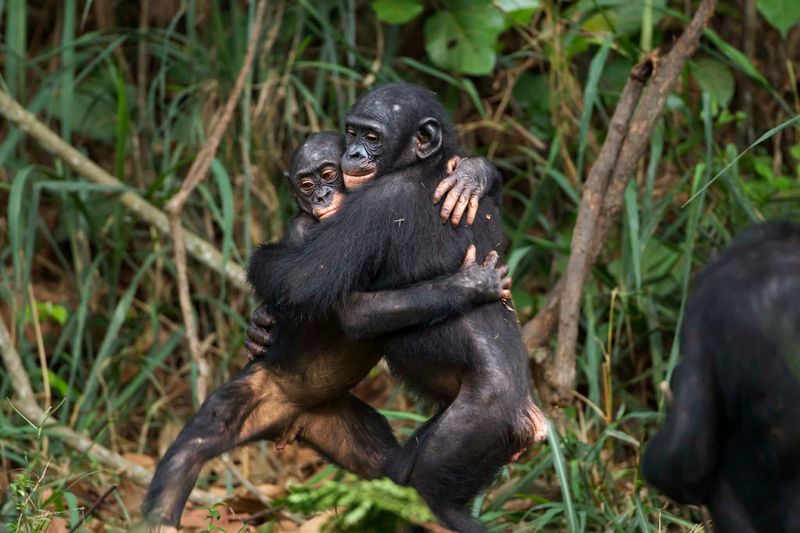
Unlike their chimpanzee cousins who solve conflicts with aggression, bonobos take the make-love-not-war approach quite literally! These peaceful primates resolve tensions through affection rather than fighting.
When food appears, instead of squabbling, they share elaborate “welcome parties” where everyone gets a portion. Female-led bonobo societies prioritize cooperation over competition, creating communities where violence is rare and reconciliation is the norm.
8. Sea Otters: Paw-Holding Sweethearts
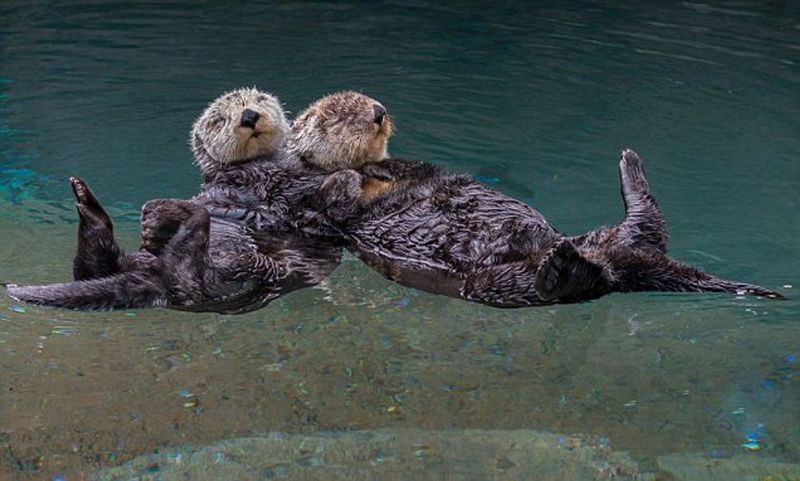
Those viral photos of sea otters holding paws while sleeping aren’t just adorable – they’re practical! This behavior, called “rafting,” prevents these marine mammals from drifting apart while napping on their backs in kelp forests.
Devoted mothers cradle their pups on their bellies, keeping the babies dry and warm while teaching them essential survival skills. They’ll even wrap their little ones in seaweed like a natural blanket when they need to dive for food.
9. Orangutans: The Forest Philosophers
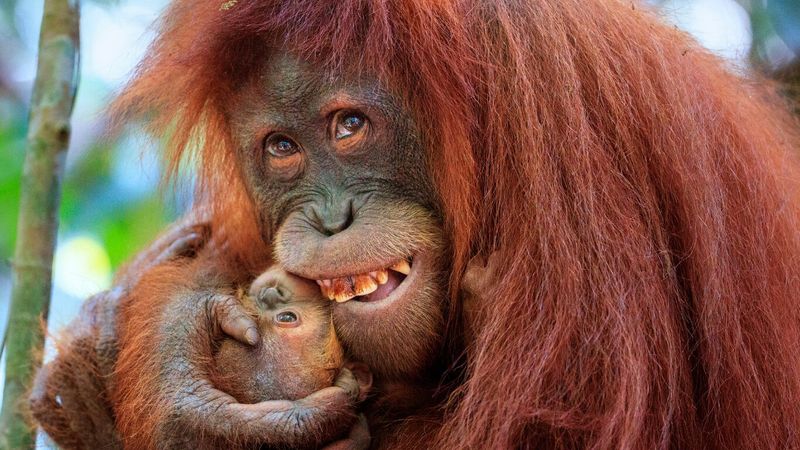
Watching an orangutan mother with her child reveals parenting patience that would impress any human. These ginger-haired apes spend up to eight years teaching their youngsters every survival skill, from nest-building to identifying safe foods.
Their thoughtful gaze and deliberate movements earned them their name, which translates to “person of the forest” in Malay. Former captive orangutans have shown remarkable compassion, adopting orphaned babies of other species including tiger cubs.
10. Dogs: Loyalty Personified
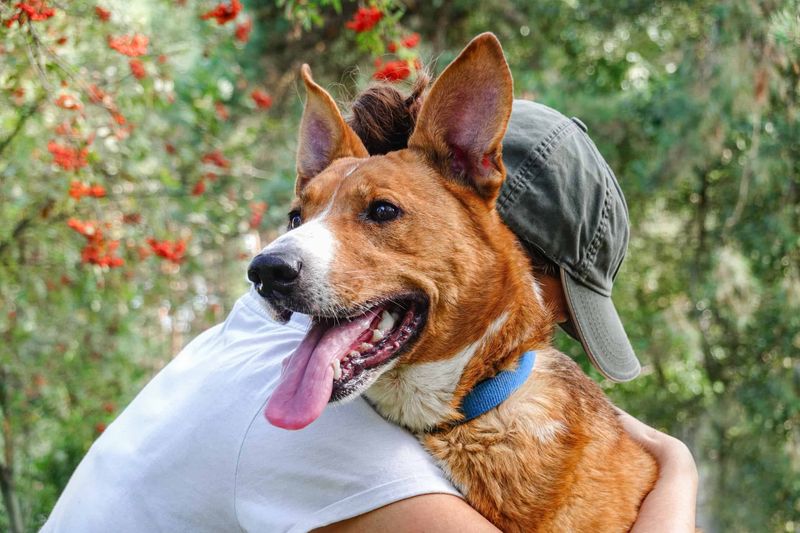
Beyond those tail wags lies an emotional connection that spans thousands of years of co-evolution. Dogs can sense human emotions with uncanny accuracy, often responding to our sadness before we’ve even spoken a word.
From guide dogs who navigate busy streets to therapy pups who comfort hospital patients, their desire to help seems hardwired. Countless stories tell of dogs risking their lives to save their human companions from fires, drowning, or other dangers.
11. Penguins: Devoted Life Partners
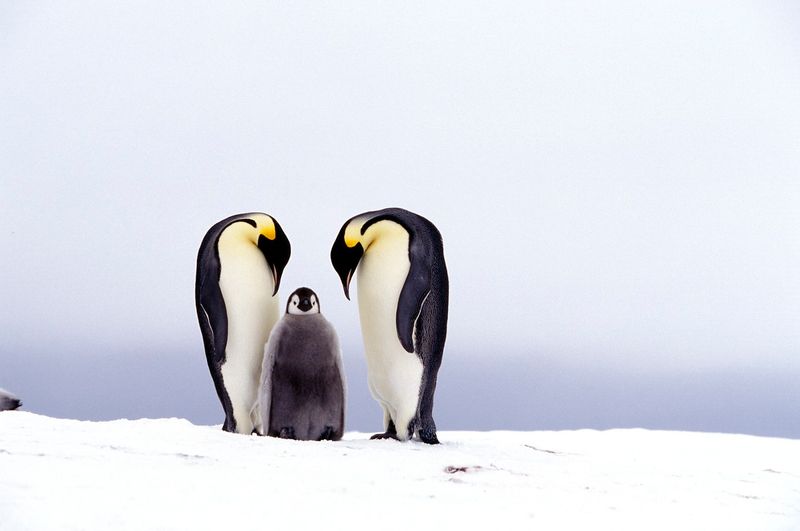
Braving the harshest Antarctic conditions, emperor penguin fathers balance precious eggs on their feet for two months straight! They endure starvation and freezing temperatures while mothers hunt, showing extraordinary parental dedication.
Many penguin species mate for life, engaging in charming courtship rituals that include finding the perfect pebble as a gift. Their partnerships showcase remarkable teamwork as they take turns protecting their young from predators and harsh elements.
12. Wolves: The Original Family Values
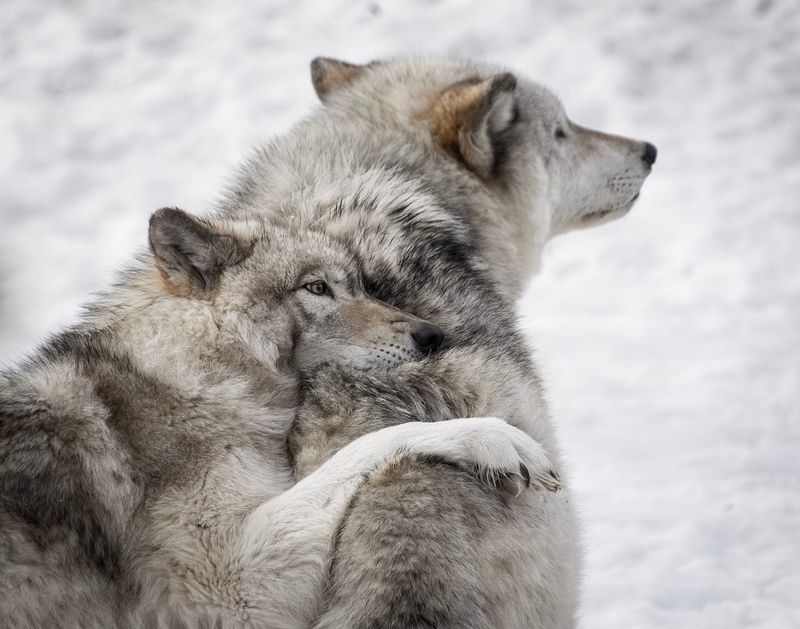
Real wolves live by a strict code of family loyalty, where pack members take turns caring for pups and feeding nursing mothers. Youngsters learn hunting skills from experienced adults, and injured members receive special care, with food brought directly to them.
Cooperation, rather than pure dominance, defines the pack’s complex social structure. Wisdom and experience earn elders a respected place in the group.
13. Buffalo: Defenders Of The Vulnerable
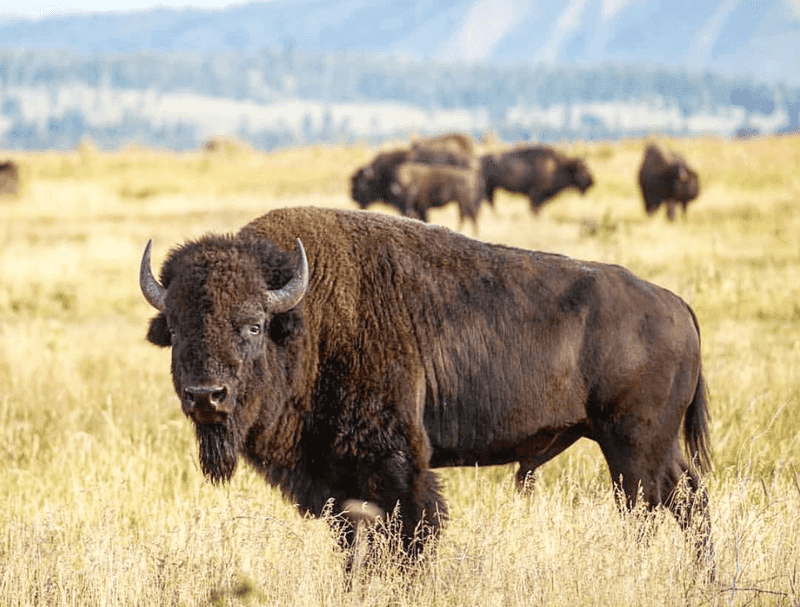
When predators approach, these massive herbivores don’t scatter in panic – they form a protective circle around calves and injured herd members. This “buffalo circle” presents a formidable wall of horns against lions or hyenas.
Female buffalo are known to collectively adopt orphaned calves, ensuring no young one goes without care. They’ve even been observed returning to help fallen herd members, sometimes successfully driving off predators in rescue attempts.
14. Meerkats: Communal Caregivers
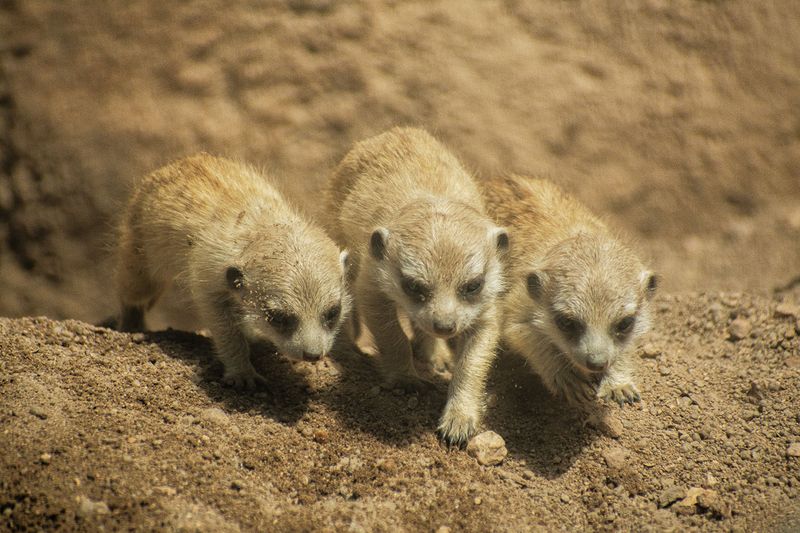
It takes a village to raise a meerkat pup! These desert-dwelling mammals operate as highly organized babysitting cooperatives where adults take turns watching the group’s young while others forage for food.
Sentinel meerkats stand guard on high rocks, risking their own safety to alert the community of approaching dangers. They use different alarm calls to specify the type of threat – snake, eagle, or land predator – showing remarkable communication skills.
15. Vampire Bats: Surprising Blood Donors
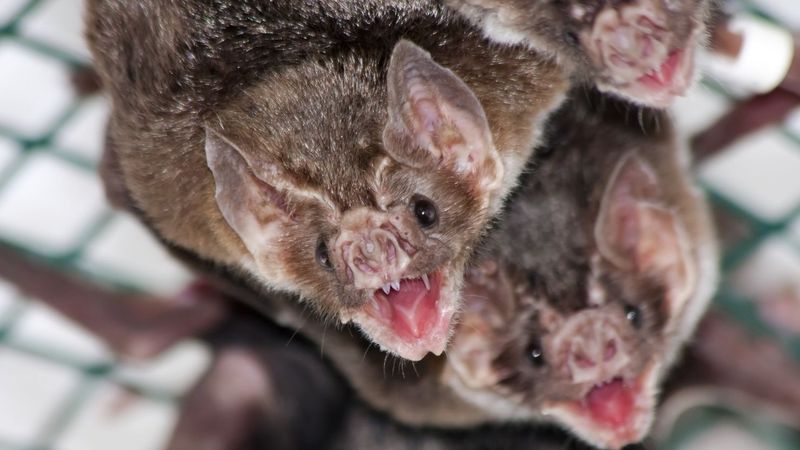
Vampire bats are surprisingly generous, regularly sharing regurgitated blood meals with hungry roost-mates who missed a meal. A remarkable pay-it-forward system ensures survival, as bats remember who has helped them and prioritize those individuals in return.
Cooperation is essential since many would starve after just 60 hours without feeding. Even with a spooky reputation, these tiny mammals demonstrate true compassion.

